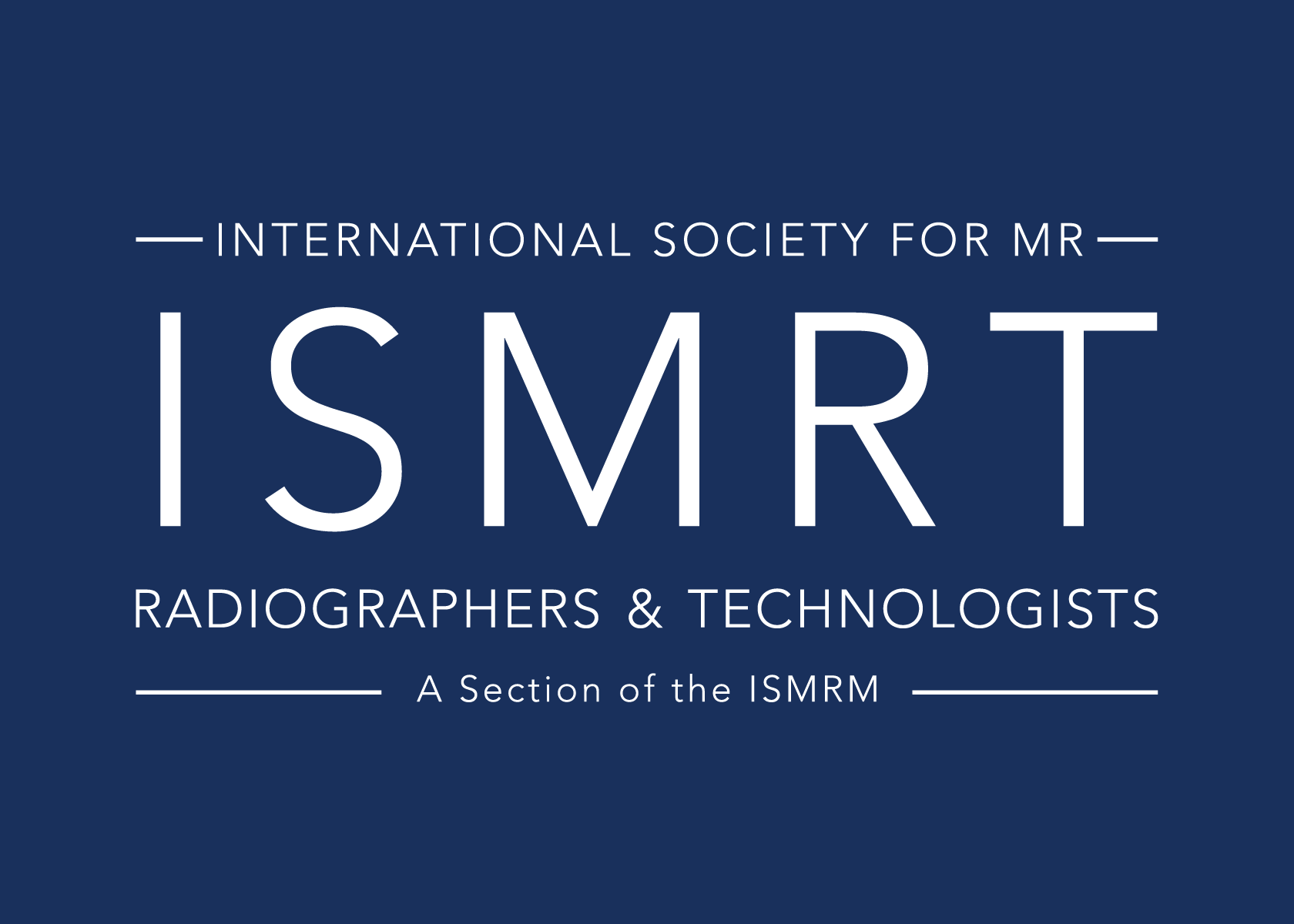
Andrew G. Webb, Ph.D.
Leiden University Medical Center
Leiden, The Netherlands
Accessible MRI: No Surrender
Andrew Webb graduated from the University of Bristol in chemistry and obtained his Ph.D. from the University of Cambridge. After a postdoc in the Department of Radiology at the University of Florida, he joined the faculty of the Department of Electrical and Computer Engineering at the University of Illinois Urbana-Champaign.
He was appointed full professor in 2000 and worked for three years in the Department of Physics at the University of Wurzburg with a Wolfgang Paul Prize from the Humboldt Foundation. In 2008, he was appointed to run the newly formed C.J. Gorter Centre in the Department of Radiology at Leiden University Medical Center. His research concentrates on the translation of new engineering concepts into the clinic. This work initially concentrated on high field MRI, supported by an ERC Advanced Grant from 2015-2020, but recently his lab moved more into the area of sustainable open-source low-field MRI for developing countries funded by the Simon Stevin Preis and a second ERC Advanced Grant 2021-2026.
He has authored/co-authored five academic textbooks on medical imaging and biomedical instrumentation. In 2020, he was the President of the European Society of Magnetic Resonance in Medicine and Biology and co-formed the Committee for Advancement of MRI Education and Research in Africa. In 2023, he was elected to the Royal Dutch National Academy of Sciences and received the Huibregtsenprijs for societal scientific research. In 2010, he founded the Nadine Barrie Smith Trust, which has provided financial support for over 150 female undergraduate and graduate students in science and engineering.

Ileana O. Jelescu, Ph.D.
Lausanne University Hospital
Lausanne, Switzerland
Random Walks Toward an In Vivo MR Microscope
Ileana Jelescu, Ph.D., is an assistant professor of radiology at the Lausanne University Hospital in Switzerland. She graduated with a double degree in physics from École Polytechnique (France) and in medical physics from McGill University (Canada). She obtained a Ph.D. in physics from Université Paris-Saclay (France), working on MR microscopy at single neuron-level in aplysia.
She then completed postdoctoral work at the New York University School of Medicine and at the Center for Biomedical Imaging of the École Polytechnique Fédérale de Lausanne, where she focused on combining diffusion MRI with biophysical modeling to map brain microstructure in clinical and preclinical applications. In 2021, she joined the Lausanne University Hospital as an assistant professor, funded by an Eccellenza Professorial Fellowship of the Swiss National Science Foundation and an ERC Starting Grant.
Her vision is to turn the MRI scanner into a quantitative in vivo microscope for tissue structure and function in patients. Her research spans theoretical biophysical modeling, experimental design and validation, and clinical translation to neurodegenerative and psychiatric diseases. She will share the exciting path of bringing brain microstructure quantification from whiteboard to bedside, as well as new avenues for mapping brain activity using MRI.

Mark Schweitzer, M.D.
Wayne State University
Detroit, MI, USA
Ethical Issues in MRI AI Research
Mark Schweitzer has had a nearly four-decade career as concurrently a clinician, researcher, teacher, and administrator. He has been a section chief, department chief, department chair, group president, dean of medicine, and most recently has been Vice President for Health Affairs at Wayne State University. He is a tenured professor and has been tenured at three different universities.
As a clinician, he has received consultation cases from all over the world, taken care of more than a dozen professional sports teams including the New York Mets, New York Islanders, New York Nets, Philadelphia 76ers, and Philadelphia Eagles, and served at both the Olympics and Paralympic games. He has written 69 book chapters and over 400 papers, and has been invited to lecture nearly 1000 times in 38 countries. His research interests are broad and include sports injuries, osteoporosis, trauma, infection, diabetes, neoplasms, technical developments, and interventional procedures.
For the last decade, he has been editor-in-chief of JMRI and has adjudicated more 1000 AI papers in this role. He was also a founding editor of Seminars in Musculoskeletal Radiology. Dr. Schweitzer has had a lifelong interest in scientific ethics, having written his first ethical piece while still in college. He has presented on ethical issues internationally, including named lectures.

Sean Deoni, Ph.D.
Bill & Melinda Gates Foundation
Seattle, WA, USA
Improving Newborn & Child Health in Low-Resource Settings: The Role & Challenges for Portable MRI
Dr. Sean Deoni is an MRI physicist whose work has focused on the development and application of novel neuroimaging techniques for studying the brain structural architecture, organization, and composition. He obtained his Ph.D. in MRI physics at the University of Western Ontario, Canada, followed by post-doctoral training at King’s College London and University of Oxford.
Over the past 12 years, he has led the pediatric neuroimaging group at Brown University, establishing the largest longitudinal neuroimaging study of fetal, infant, and child neurodevelopment. His most recent work has sought to transcribe these methods to more accessible low-field MRI systems to expand our understanding of early neurodevelopment.
At the Foundation, he oversees a portfolio of projects aimed at promoting neurodevelopmental outcomes and identifying novel portable and wearable techniques for neurological measurement.


